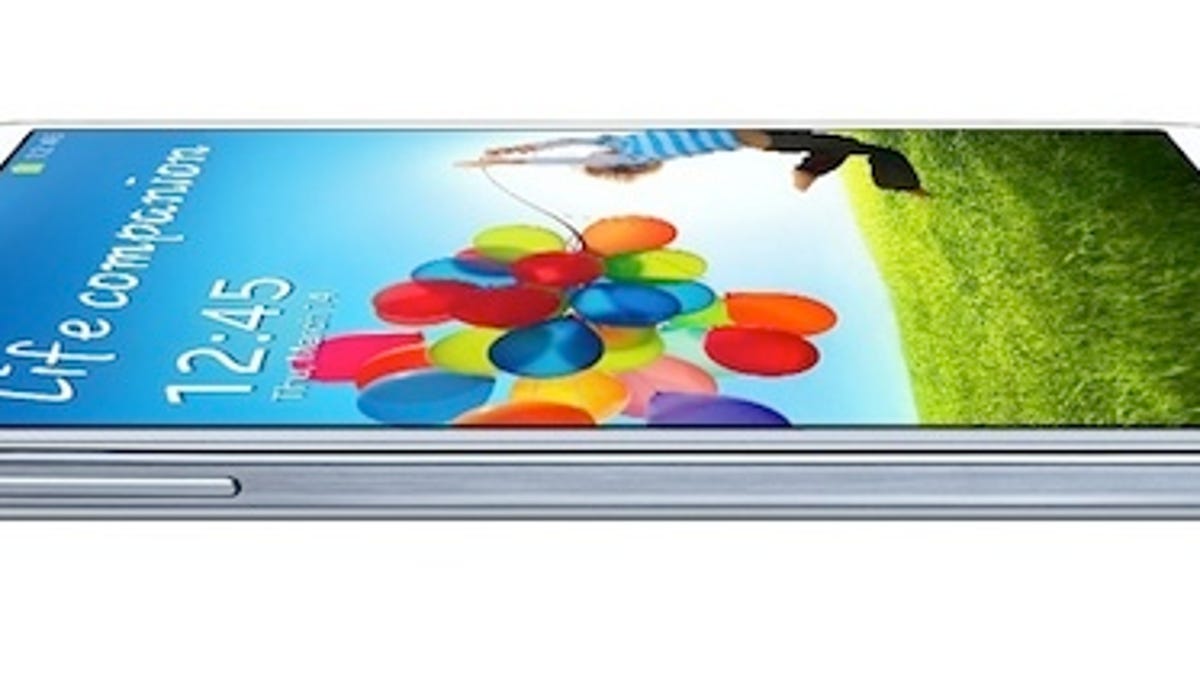After chip benchmark revised, Samsung and ARM gain on Intel
A widely-used processor benchmark has been revised, allowing an ARM-based Samsung processor to gain on an Intel x86 chip.

An Intel chip showed slower performance when tested against the processor in Samsung's Galaxy S4 after a popular benchmark was revised.
EE Times posted a story titled "Has Intel really beaten ARM?" on Wednesday that called into question the widely-used AnTuTu Benchmark. In June, a market research firm published results of an exercise using the benchmark that found an Intel chip greatly outperforming ARM.
The EE Times article disputed the results that pitted the Lenovo K900, with an Intel Atom Z2580 smartphone chip, against the Samsung Galaxy S4, with that company's Exynos 5 Octa processor.
In response, AnTuTu has revised its benchmark.
"Under the revised benchmark, overall scores for the Atom Z2580 dropped by about 20 percent," wrote analyst Jim McGregor of Tirias Research on Friday. He continued:
Technical consulting firm BDTI pointed out that the compiled code for the Intel processor was not executing all instructions that were intended for the RAM test. This artificially improved the results for the Lenovo K900 smartphone and the Intel Atom processors.
A separate critique had been posted on BDTI's Web site earlier in the week that found "the ARM-based [Samsung] Exynos processor performs all the operations specified in the benchmark source code, while the Intel Z2580 processor skips some steps."

